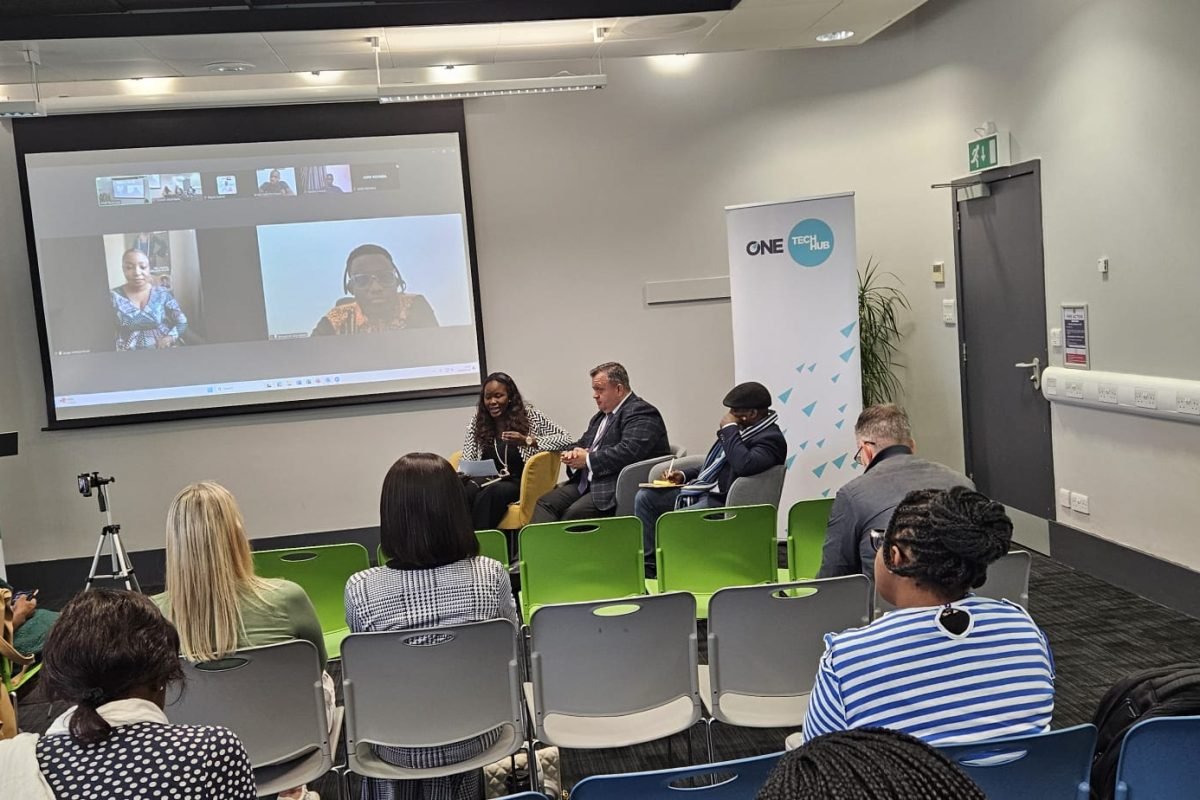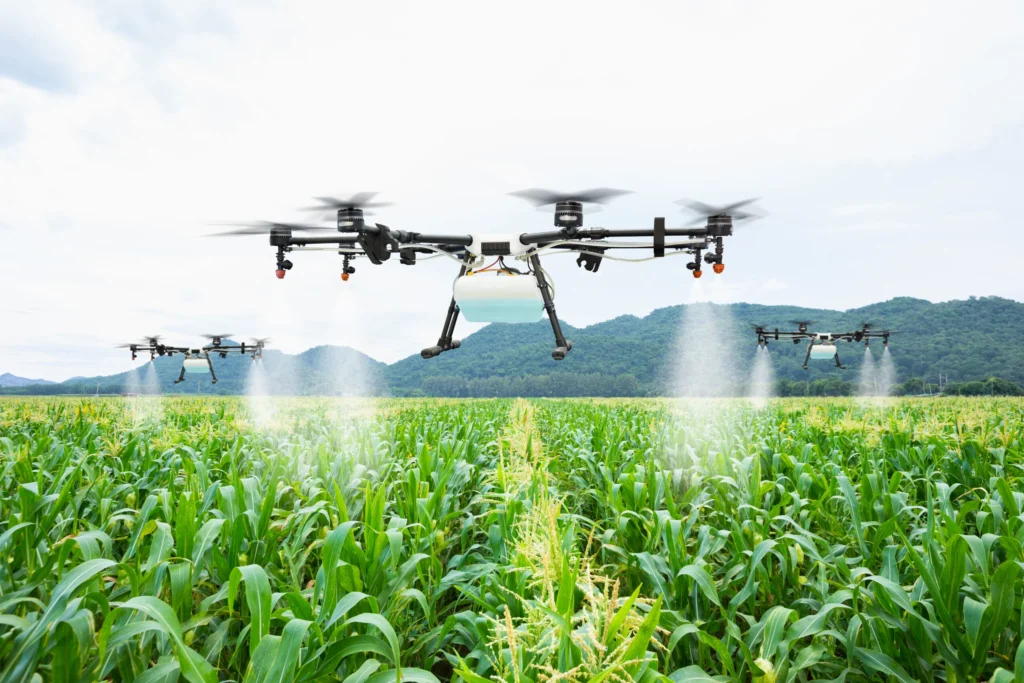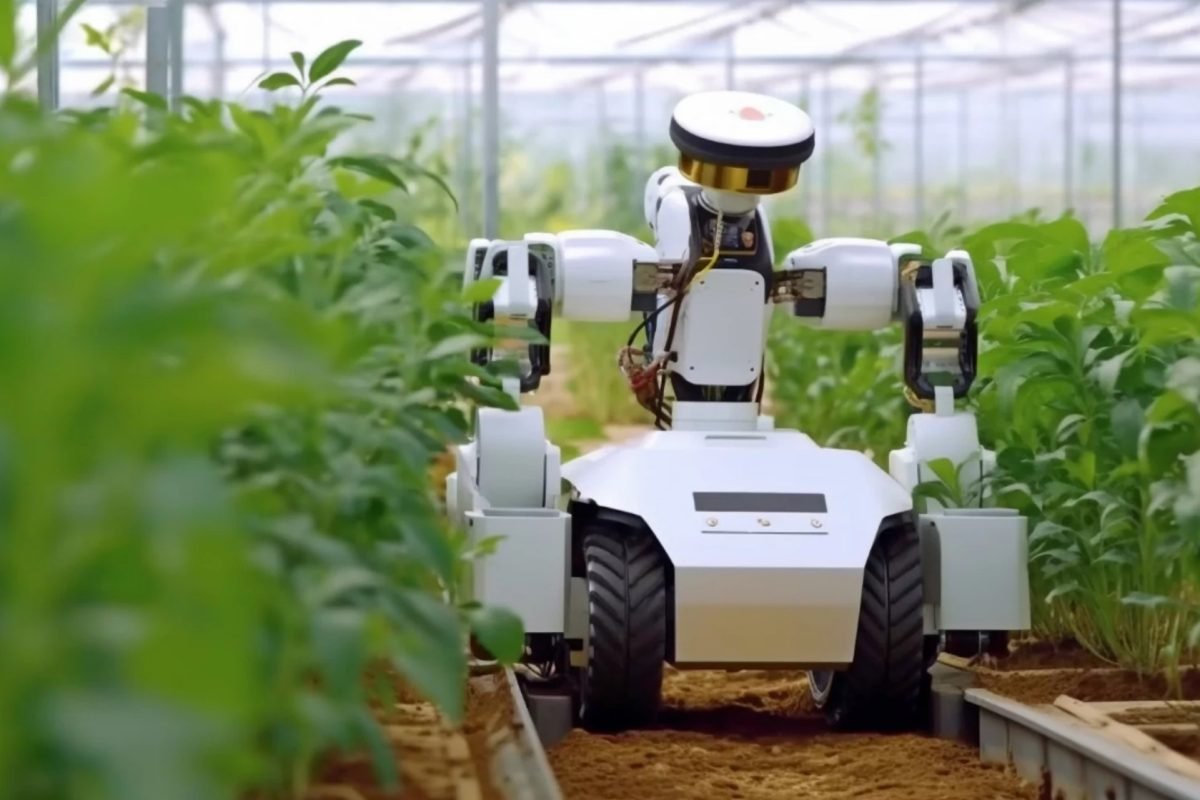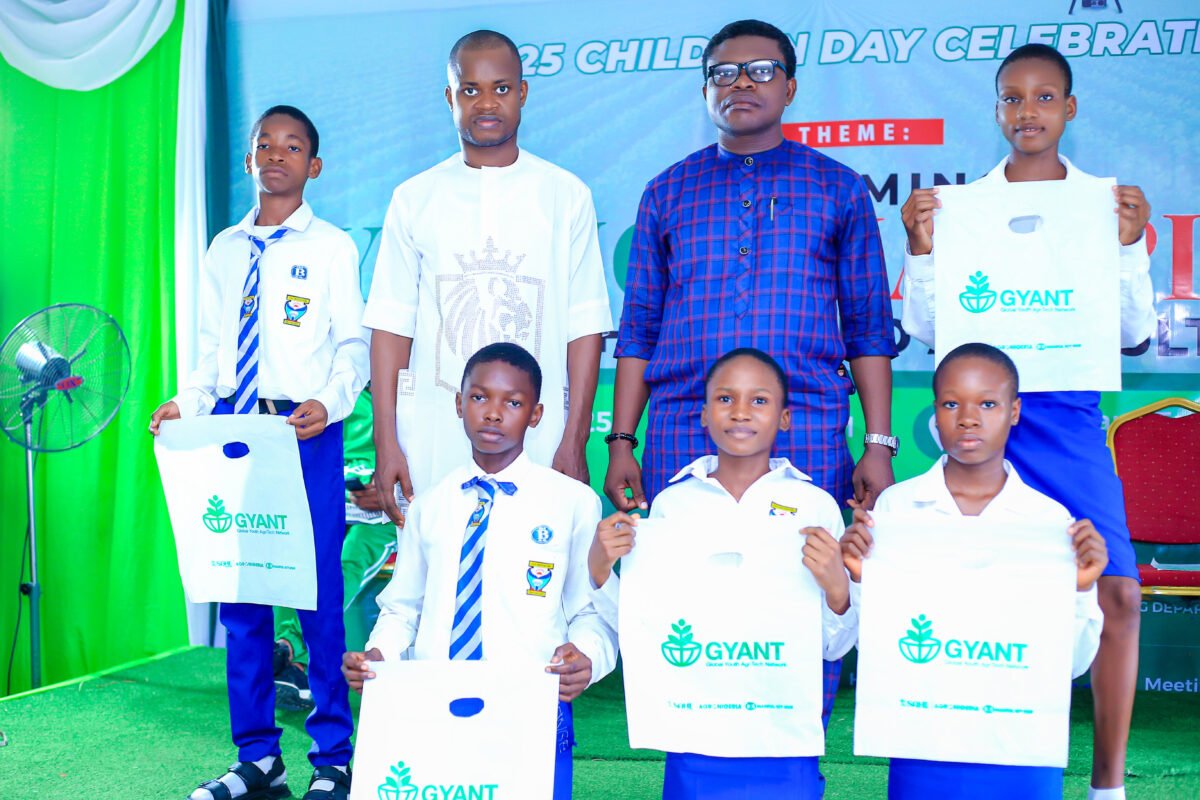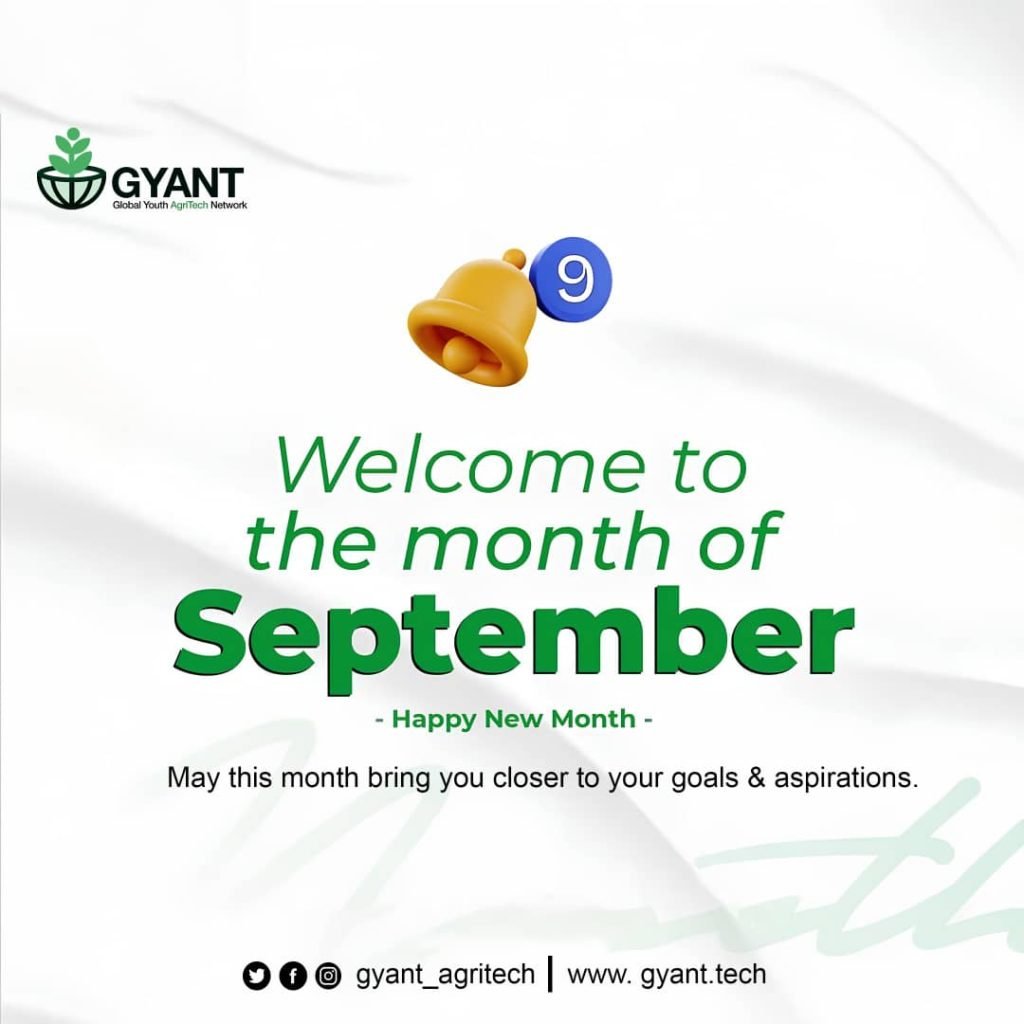The Global Youth AgriTech Network (GYANT) recently hosted its Global AgriTech Innovation Seminar 2025, which spotlighted the pivotal role of technology in reshaping agriculture and empowering the next generation.
Held on Tuesday, September 23, the event took place at the One Tech Hub in Aberdeen and was themed, “Cultivating the Future: Connecting AgriTech Innovation to Impact Capital.”
The seminar brought together key opinion leaders, innovators, and young entrepreneurs to explore how tech-driven solutions can transform the global food system while making agriculture more appealing to young people.
Delivering the keynote address was Dr. Pascal Ezenkwu, an AI Lecturer from Robert Gordon University, UK. A presentation by Jerry Cunningham, Managing Director of American West African Agro Ltd., addressed the perception of farming among young people.
His words: “For decades, agriculture has been seen as hard, unattractive, and unprofitable.
“But agritech is changing this narrative by making farming efficient, profitable, and data-driven.”
Barr. Richard-Mark Mbaram, DG/CEO of the Feed Nigeria Summit (FNS) Secretariat, appeared as a Special Guest and praised Nigeria’s renewed focus on agriculture, including recapitalizing the Bank of Agriculture, while urging young people to use their agritech and ICT skills to lead Africa’s food future.
The discussions were moderated by Dr. Debisi Araba, a Visiting Research Fellow at Imperial College London, and Kemi Odunsi-Ujiagbe, a Sustainability & Impact Strategist.
The panel session featured several experts, including Dr. Angel Adelaja-Kuye, Special Adviser on Agriculture and Food Security to the Governor of Ogun State; Bolaji Akinboro, Chairman and Co-founder of Toronet; Pete Preston, Founder and CTO of Settirz Ltd.; and Caroline Okafor, Program Manager and Agile Coach, and a host of others.
They collectively examined how to adapt technologies to local realities, emphasizing the need for patient capital, inclusive financing, and context-specific solutions.
Cunningham stressed that agritech is not only modernizing farming but also turning young people into “job creators, not job seekers.”
With the global population projected to reach 9.7 billion by 2050 and food demand expected to rise by 50%, he said technology must be central to bridging the gap.
Discussions highlighted a range of solutions, from precision farming with drones, GPS, and sensors to biotechnology for resilient crops and digital platforms that connect farmers directly to consumers.
However, speakers also noted that challenges such as affordability, digital literacy, and infrastructure gaps remain.
Cunningham urged for increased investment in agritech startups and training hubs, stressing that empowering youth is key to securing future food systems.
In her own remarks, Caroline noted: “The challenges of attracting youth to agriculture are not unique to Africa—they are global.
“But the solutions must be locally grounded and technology-driven.”
Projections at the seminar showed that Africa’s agricultural sector could grow to $16.2 billion by 2027 if supported by innovation and sustainability.
Panelists confirmed these forecasts are realistic, provided there is “a focus on true sustainability and not speculative ventures.”

